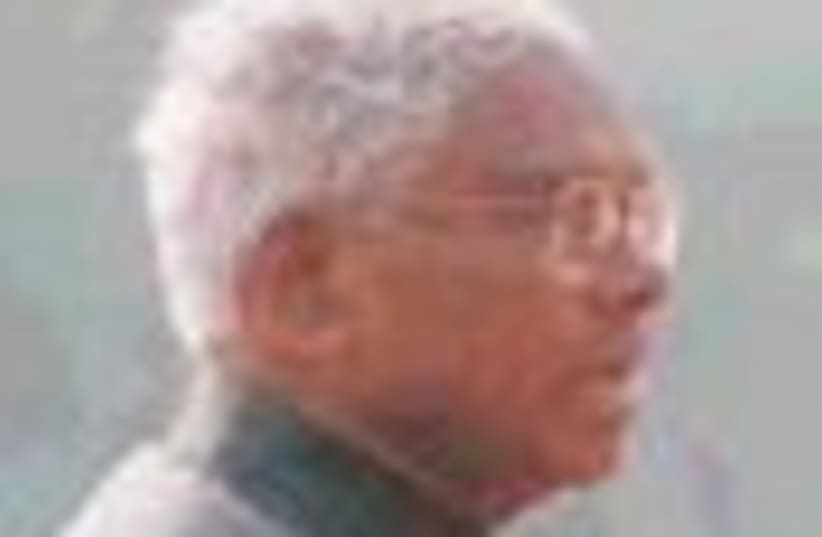| More about: | India, Jawaharlal Nehru, Mohandas Karamchand Gandhi, Burma |
India's first 'untouchable' president, dies at 85
"He was a monumental personality. A personality who proved what the Indian Republic stands for."


| More about: | India, Jawaharlal Nehru, Mohandas Karamchand Gandhi, Burma |